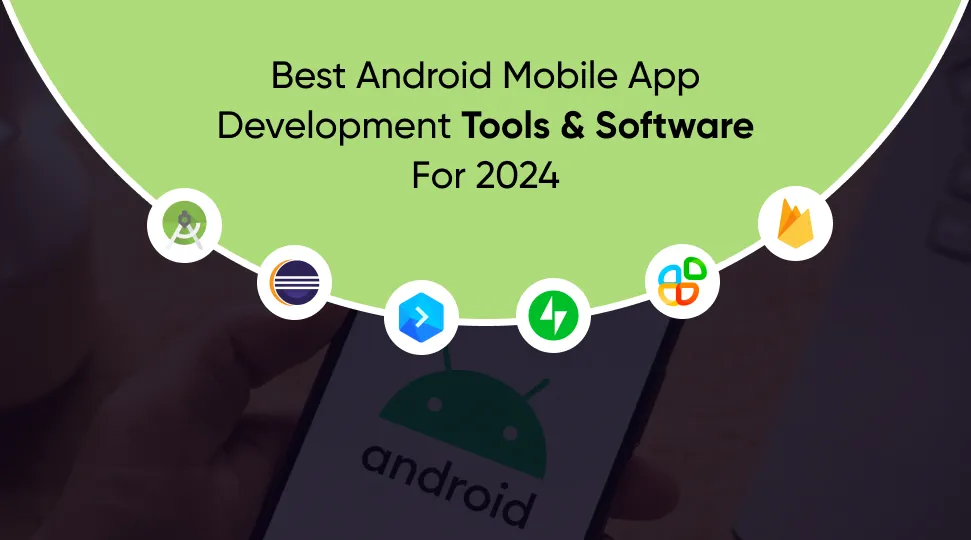Gradle is a flexible build automation tool that is widely used in Android development. It allows developers to define custom build configurations, manage dependencies, and automate repetitive tasks. Gradle’s build system is highly customizable and supports a variety of plugins, making it easy to extend its functionality. By automating the build process, Gradle helps developers save time and reduce the likelihood of human error.
3. Git and GitHub
Version control is crucial in software development, and Git is the most popular version control system. It allows developers to track changes, collaborate with others, and manage multiple versions of their codebase efficiently. GitHub provides a platform for hosting Git repositories, offering features like pull requests, issue tracking, and project management tools. Together, Git and GitHub facilitate seamless collaboration and version control, making them indispensable for team-based development.
4. Firebase
Firebase is a comprehensive suite of cloud-based tools and services provided by Google. It includes features such as real-time databases, authentication, cloud storage, and analytics. Firebase simplifies backend development, enabling developers to focus more on building great user experiences rather than managing infrastructure. Its real-time database allows for instant data synchronization across all clients, which is particularly useful for chat applications, live updates, and collaborative tools.
5. Retrofit
Retrofit is a type-safe HTTP client for Android and Java, developed by Square. It simplifies the process of making network requests and handling responses. With Retrofit, developers can define a web API as an interface, and Retrofit will handle the implementation. It supports various data formats and integrates seamlessly with popular libraries like OkHttp and Gson. Retrofit’s ease of use and flexibility make it a go-to choice for handling API interactions in Android apps.
6. Glide
Handling images efficiently is crucial in mobile apps, and Glide is an image loading and caching library that simplifies this task. Developed by BumpTech, Glide offers smooth and efficient image loading, caching, and memory management. It supports animated GIFs, local and remote images, and even video stills. Glide’s performance optimizations and simple API make it an excellent choice for managing images in Android applications.
7. JUnit and Espresso
Testing is a critical aspect of software development, ensuring the reliability and quality of applications. JUnit is a widely-used testing framework for Java, and it is commonly used for unit testing in Android development. Espresso is a UI testing framework designed specifically for Android, allowing developers to write concise and reliable user interface tests. Together, JUnit and Espresso provide a robust testing environment, helping developers catch bugs early and ensure a high-quality user experience.
8. ProGuard and R8
ProGuard is a tool for optimizing and obfuscating Java bytecode, reducing the size of the APK and protecting the code from reverse engineering. R8 is a replacement for ProGuard, built by Google, which further improves the optimization and obfuscation process. Both tools are essential for enhancing the performance and security of Android applications, ensuring that the final product is both efficient and harder to decompile.
9. Android Jetpack
Android Jetpack is a suite of libraries, tools, and guidance provided by Google to help developers create high-quality Android apps. Jetpack components are designed to work together seamlessly, making it easier to follow best practices and reduce boilerplate code. Key components include LiveData, ViewModel, Room, Navigation, and WorkManager, among others. By adopting Android Jetpack, developers can streamline app development and create more maintainable and scalable applications.
10. LeakCanary
Memory leaks can severely degrade the performance of Android applications. LeakCanary is a powerful memory leak detection library developed by Square. It automatically detects memory leaks in your app and provides detailed reports, making it easier to identify and fix issues. By integrating LeakCanary into the development process, developers can ensure better memory management and enhance the overall performance of their applications.
Conclusion
In the competitive landscape of Android app development, leveraging the right tools can make a significant difference in productivity and the quality of the final product. From essential IDEs and build tools to libraries for networking, image handling, and testing, these ten tools are indispensable for efficient and effective Android app development. By incorporating these tools into your workflow, you can streamline the development process, reduce errors, and deliver high-quality applications that meet user expectations and stand out in the market.













